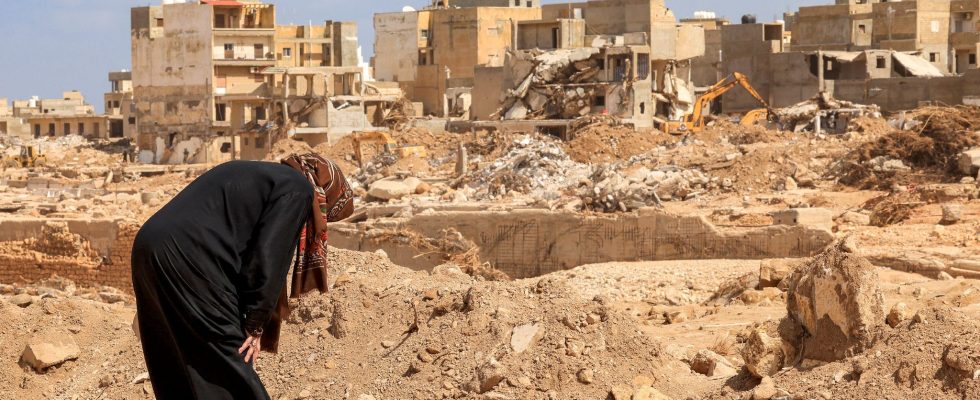After twelve years of chaos, Libya – 7 million souls – needs stability. In 2011, the overthrow of Muammar Gaddafi led to a civil war between the west (Tripoli) and the east (Benghazi), favored the emergence of jihadism in the Sahel, encouraged human trafficking towards Europe .
Storm Daniel (at least 11,500 dead in Derna, in the east of the country) arrives at the worst time in this country divided in two for more than a decade: to the east, in Cyrenaica, Marshal Haftar’s camp , supported by France but also Egypt, Russia, Saudi Arabia, controls most of the oil fields and the “parliament”; to the west, in Tripolitania, the “government” of Abdel Hamid Dbeibah has no oil, but controls the oil export terminals.
Driven by a common interest – sharing oil revenue – the two parties recently agreed on the governance of the Central Bank and that of the National Oil Corporation. Undeniable progress. On the political front, however, nothing is moving forward. The presidential election has been postponed to 2021 and 2022 and the electoral horizon remains blocked. Passing through Paris, Siddiq Haftar, eldest son and possible successor to Marshal Haftar, is already talking aloud about the prospect of the presidential election. “France has already proven itself as an observer and guarantor of democratic elections; it could play this role,” he anticipates a little quickly. We’re not there yet. And the Derna tragedy further delays stabilization. An observer notes: “We have just lost another six months.” At the very least…
